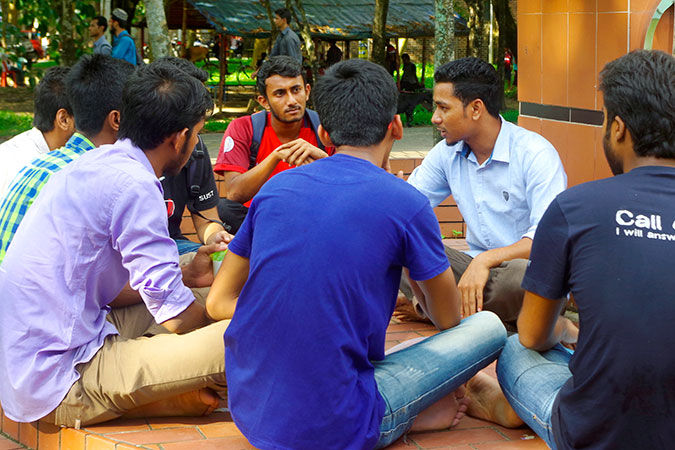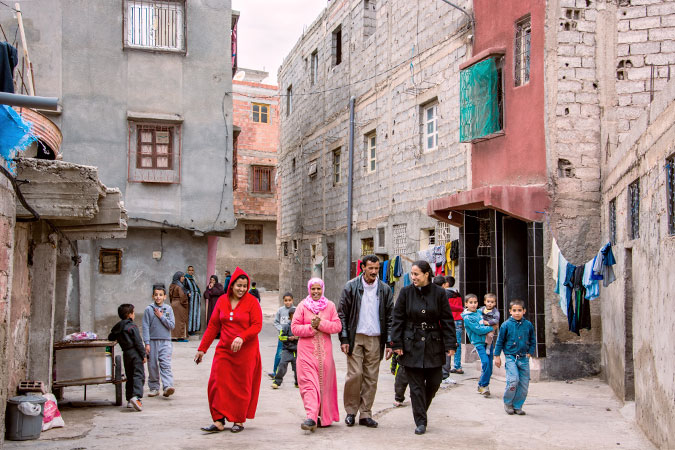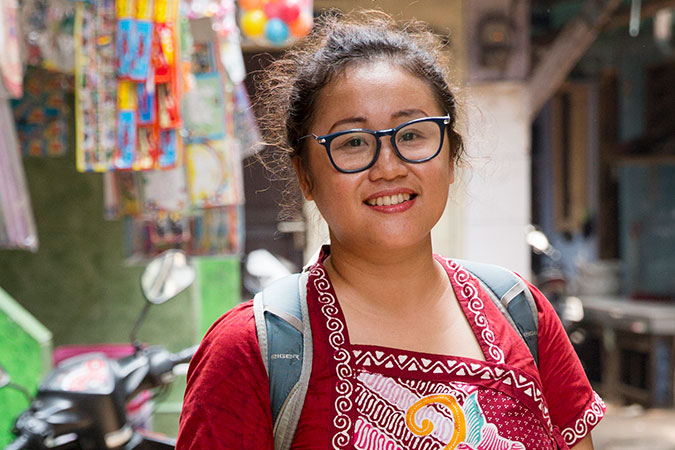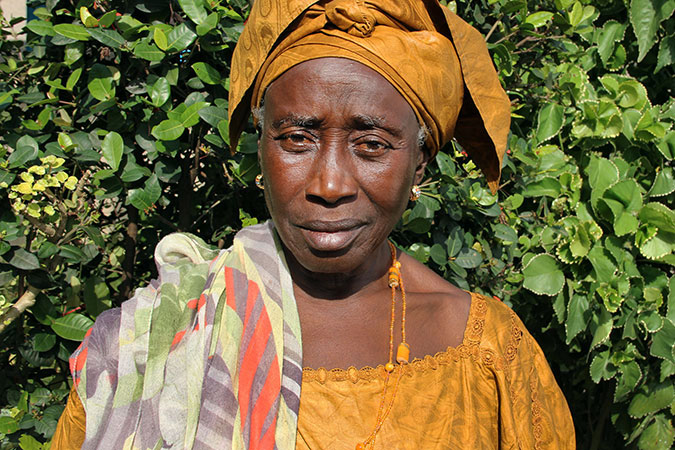Resist
Creating a new normal, students across Bangladesh say no more sexual harassment
Women, everywhere, have had enough. Around the world, they are saying #MeToo, no longer willing to suffer sexual harassment in silence. In cities across Bangladesh, sexual harassment against women is a daily reality. A project implemented by the Bangladesh National Women Lawyers Association (BNWLA) and UN Women in four major universities is engaging male and female students, as well as teachers, to challenge gender stereotypes, speak out and learn how to prevent sexual harassment.
Koyesh Miah from Shahjalal University of Science and Technology and Sumaya Rahman Kanti from the University of Rajshahi, recently spoke to UN Women about their experience. They too, have had enough, and will not be silent bystanders.
Both Miah and Kanti feel that these campaigns in their campuses have been extremely helpful. Kanti has seen a change on campus and among leaders of student unions, which are affiliated to various political parties. She says, “before the campaign, many political leaders misused their power to harass female students. However, this year they’re involved with our campaign, and they have committed to protest and take necessary actions to prevent any kind of harassment they see around.”
“Many men in Bangladesh do not see women as equals in any respect. Gender-based violence and harassment is considered normal,” adds Miah. “Growing up, we saw discrimination against girls everywhere. They get less food and poorer education than boys; throughout their lives, they receive fewer opportunities than their male counterparts.”
Until recently, Miah used to be a silent bystander, like many others, but not anymore. Read more ►
More stories
Making stepping out of home safer for women and girls in Marrakech
There is hardly a woman or a girl, in urban and rural areas alike, who has not experienced sexual harassment or the threat of sexual violence in public spaces. Unwanted sexual remarks and jokes, groping, indecent exposure and many other forms of sexual harassment are often trivialized and rarely legislated. As women’s voices around the world rise in protest, UN Women’s Safe City programme in Marrakech has engaged people from all walks of life—from bus and taxi drivers to journalists—to prevent and respond to sexual harassment. Read more ►
In the words of Johanna Tantria T. Wardham: “Gender inequality starts from the household”
Passionate and fiery Johanna Tantria T. Wardham, is known universally as Jo. A popular figure in the urban slums of Jakarta, she can often be spotted in Prumpung and other neighborhoods, on the outskirts of Indonesia’s bustling capital city. Her mission in life is to build a culture of gender equality, from the ground up. She leads community discussions, trainings on preventing violence against women and girls, and conducts gender audits, but in the midst of all this, what she has become is a GO-TO person for the community. Jo is a staff member of the NGO Kalyanamitra, UN Women’s partner for the Safe City pilot programme in Indonesia, and inspires not only the people she works with, but also many young students, to give back to the community. “Gender inequality starts from the household, the unequal division of labour and that creates violence against women in all forms...especially gender-based violence,” she says. Read more ►
Rural women explore new solutions to counter customs and poverty driving FGM crisis
Globally, at least 200 million girls and women alive today have undergone some form of female genital mutilation or cutting (FGM). Sierra Leone has one of the highest rates of FGM in the world, with nine in every 10 women and girls cut, many as young as five years old. While gender inequality, myths and cultural beliefs are at the root of the practice, for many rural women, FGM is also a matter of livelihood. Read more ►



